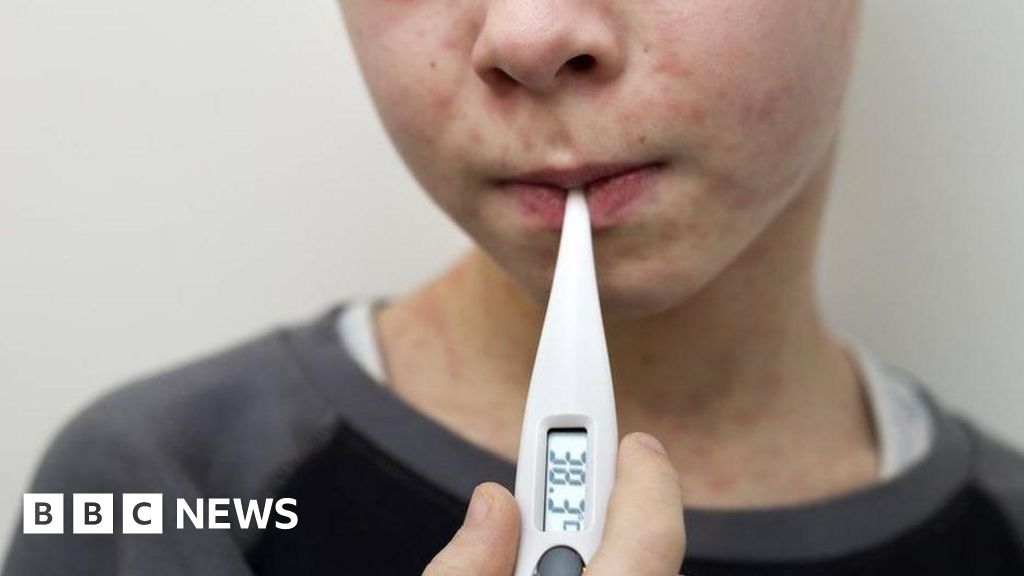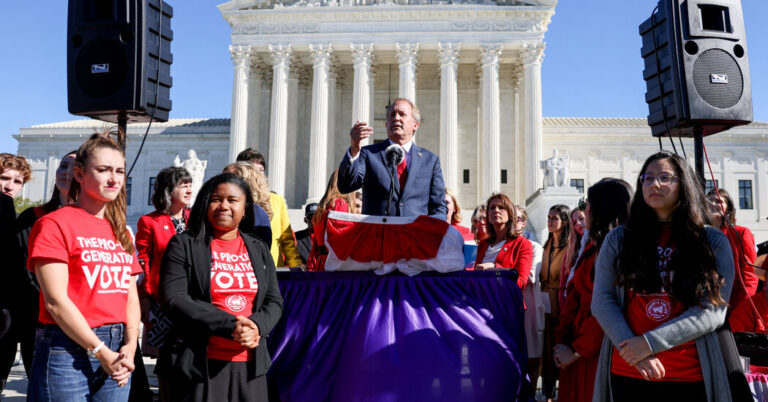A young child has died at Liverpool’s Alder Hey Hospital after contracting measles, raising concerns about the spread of the disease. Cases have been rising in the UK and around the world, with more than 500 reported since January in England alone. The increase is being blamed on the poor uptake of the MMR vaccine.
Measles is a highly contagious disease which is spread by coughs and sneezes. Common symptoms include high fever, sore, red and watery eyes, coughing, sneezing, and a blotchy red or brown rash. Small white spots may appear inside the mouth. The rash can be harder to see on brown and black skin.
Measles normally clears up within seven to 10 days, but it can lead to pneumonia, meningitis, blindness, and seizures. Babies and young children, pregnant women, and those with a weakened immune system are at increased risk. Measles can be fatal, but this is rare.
Between 2000-2023, 26 children and adults died in England and Wales from measles or related infections. Before the latest case in Liverpool, the last child to die as a result of measles complications was 10-year-old Renae Archer, in 2023.
You can catch measles at any age, and it is possible, but highly unlikely, to catch it twice, as the body builds up immunity to the disease after being infected. Getting it while pregnant can lead to stillbirth, miscarriage, or babies being born small. The NHS advises adults to ensure they have had both doses of the MMR vaccine before starting a family.
There were 2,911 confirmed cases of measles in England in 2024, which is the highest annual total since 2012. More than 60% of the 2024 cases were in children aged 10 and under. As of 3 July, there had been 529 reported cases in England in 2025, with 68% occurring in children under 10.
The World Health Organization and Unicef have warned that the number of measles cases in the European region doubled to 127,350 in 2024, the highest level in 25 years. A report from the two organizations said children under the age of five accounted for more than 40% of the cases reported in Europe and central Asia.
As of 4 July, there were nearly 1,300 confirmed measles cases in the US, a 33-year high. More than nine in 10 of those affected were either unvaccinated or did not know their vaccination status. Texas is the worst-hit state with more than 700 cases. Kansas and New Mexico have also had outbreaks. At least three people have died, and 155 others have been hospitalized.
The number of young primary school children in the UK who have had both recommended doses of the MMR vaccine is below WHO targets. NHS figures for 2023-2024 show that 84.5% of children across the UK had received two MMR doses by their fifth birthday. The recommended figure is 95%. Across England, London had the lowest take-up at 73.3%, followed by the West Midlands at 83.1% and the North West at 84.5%.
Child health experts say some parents underestimate the seriousness of measles because the success of the vaccine program meant it had largely been eradicated. In addition, many routine health appointments were missed during the Covid pandemic. There are also still people who wrongly believe the MMR jab is linked to autism.
The first measles vaccinations were introduced in the UK in 1968. The current two-dose MMR vaccine started in 1996 and is very effective. After both MMR doses, 99% of people are protected against measles and rubella, and 88% are protected against mumps. The first MMR dose is usually given at 12 months old, while the second jab is administered at about three years and four months, before children start primary school.
However, adults and children can have the MMR jab at any point via their GP. People who do not eat pork products can request an alternative jab called Priorix. If the MMR is not suitable, someone at immediate risk of catching measles can have a treatment called human normal immunoglobulin. Most MMR side effects are mild, but the injection site can be red, sore, and swollen for a few days. Babies and young children may develop a high temperature for up to 72 hours. There is no evidence linking the MMR vaccine with autism.
Source link




